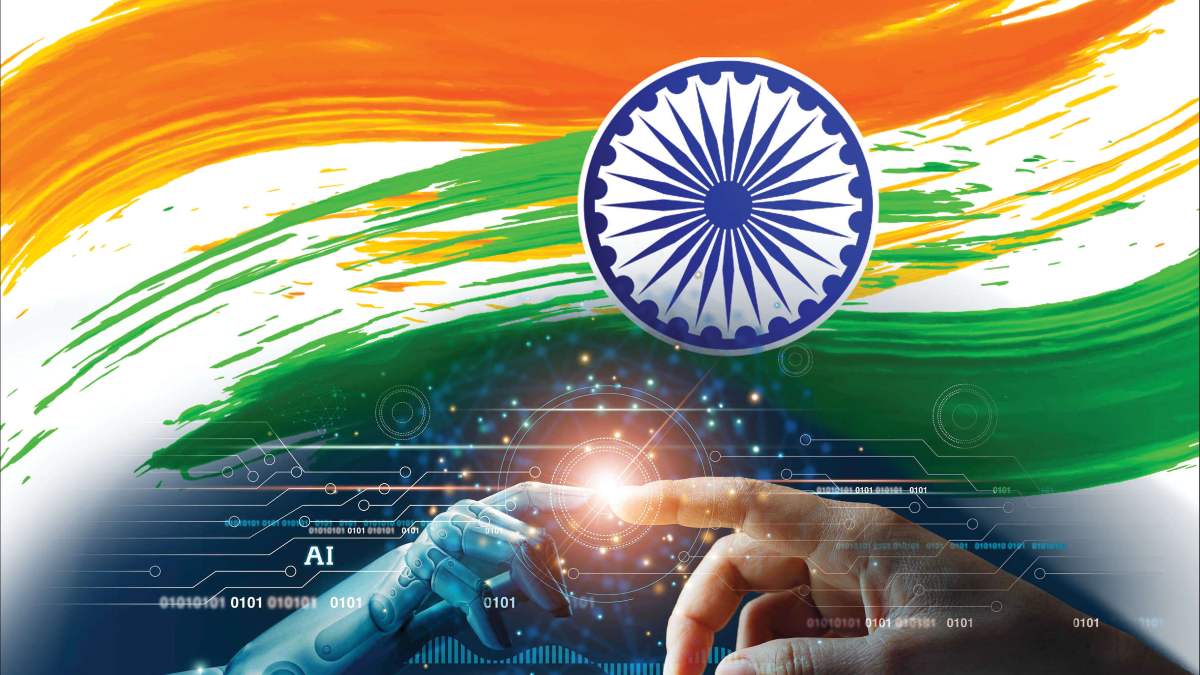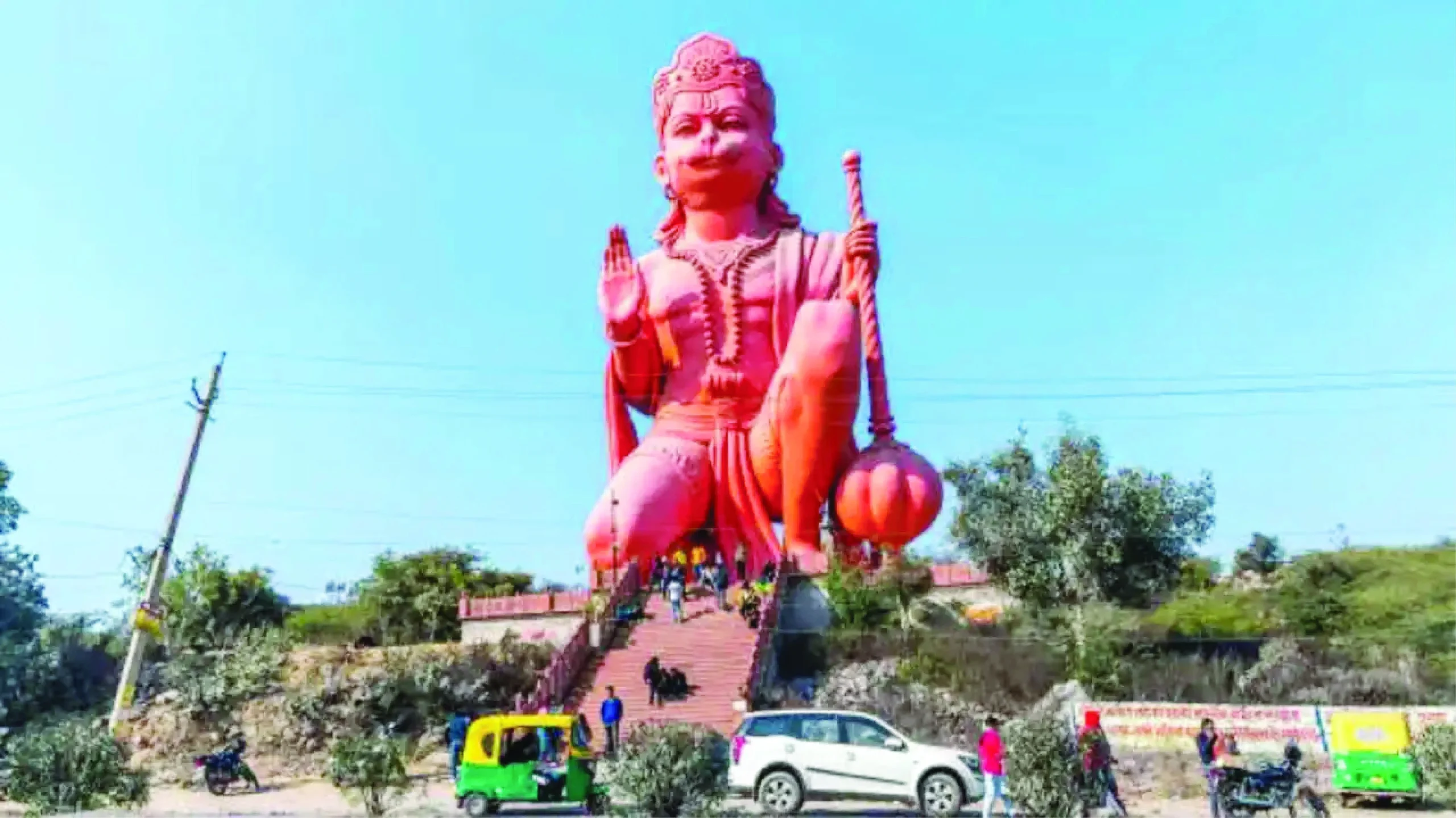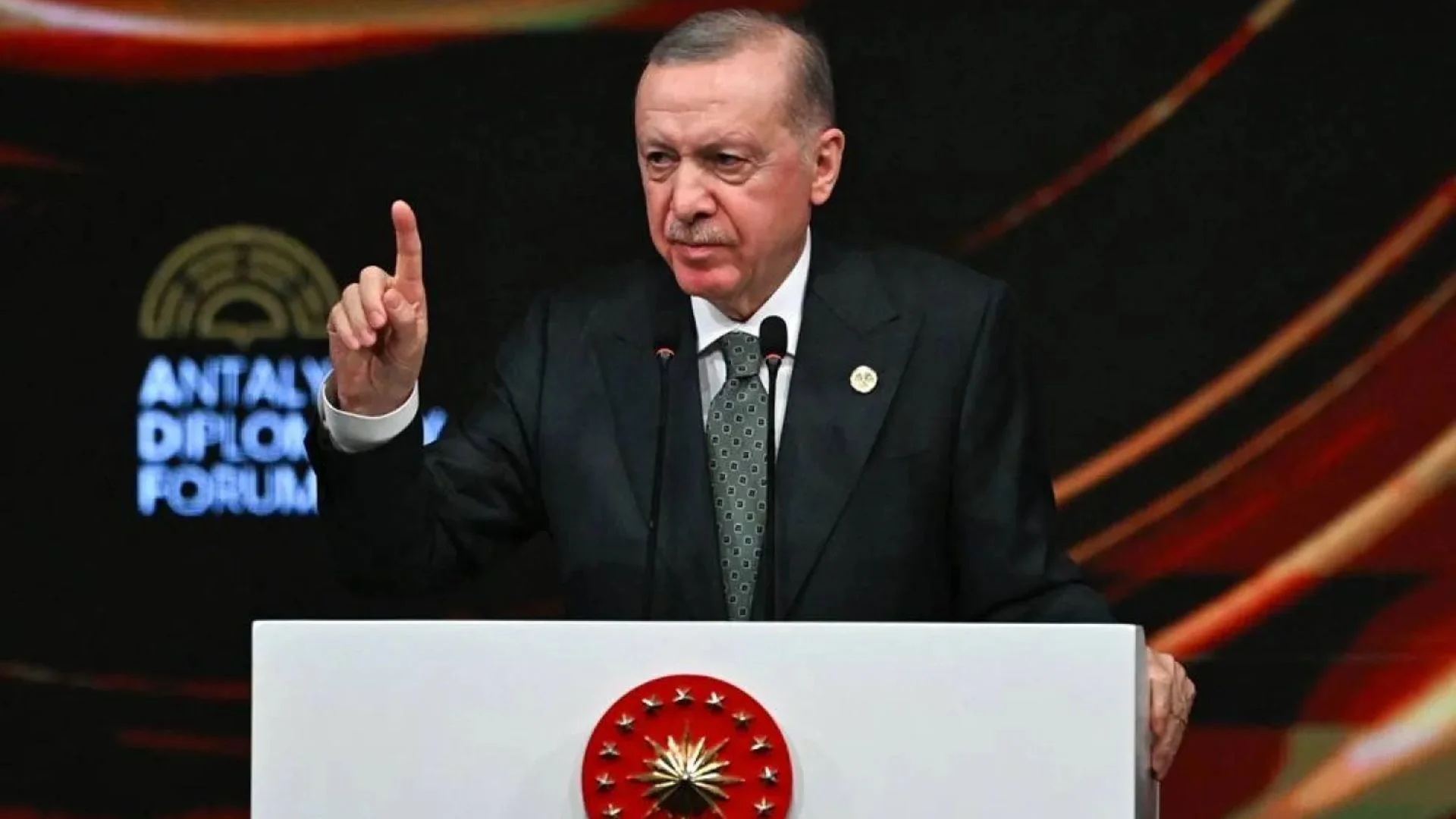According to Oxford Insights, AI and related technologies are likely to contribute $15 trillion to the global economy by 2030. India is ranked 17th in a list of 194 countries in the Oxford Insights survey in 2019 in government readiness to embrace AI.In my last essay for this paper, written with a colleague, I detailed the trinity of policy changes in gender, sustainability and digitisation, what we called GSD, that is changing India.
In this essay, the idea is to delve a little more deeply in the deployment of artificial intelligence (AI) as a force for social good in India, and the formulation of systems and processes that can create Indian projects which could be further deployed around the world for the greater common good. The Indian government has organised a special summit for the responsible use of AI, a topic that needs serious attention if the country is to achieve leadership in the future development of this transformational technology.
One of the fundamental ideas of the use of artificial intelligence is that its tools get better, sharper as they are deployed across large, and diverse data sets. India’s mass digitisation — around 600 million smartphones, some of the cheapest (and most widely used) data, and some of the highest use of fintech for financial transactions anywhere in the world — is fertile ground for the testing and deployment of AI for grassroots development.
According to Oxford Insights, AI and related technologies are likely to contribute $15 trillion to the global economy by 2030. India is ranked 17th in a list of 194 countries in the Oxford Insights survey in 2019 in government readiness to embrace AI. In another survey done by the consulting firm BCG of 1,100 industrial companies around the world and the willingness of managers to adopt AI, India led the world along with the US and China.
But the use of AI in India is not limited to factory floors, or it should not be. The best-case use of AI on the vast quantities of Indian data would be in triggering social change.
If India is to provide legitimate solutions using AI that could have global applicability, these might come about in the following areas: In agriculture, test case studies have already been done in parts of southern India on the use of AI to pinpoint weather and crop patterns in specific geographic regions and streamline sowing and harvesting more accurately. AIenabled technologies could further help in correctly predicting, identifying, and connecting producers with sellers and producers with adequate storage facilities. These applications will become even more important in the years to come as climate change-related issues become more critical in agriculture.
In health, AI could assist in the classification, grouping, and rapid diagnosis of problem areas, and during crisis moments, like a pandemic, help locate ‘hotspots’ more effectively using mobile phone self-declaration based tracing systems. As the stack for the use of digital technologies gets built in India, AI could be deployed more judiciously to track and locate issues and organise mass redressal.
In education, AI could prove most useful in translating input measurement into a more accurate assessment of outcomes. AI-driven learning tools could help in building more reliable frameworks though one could study what kind of learning outcomes are being attained, and slippages where they occur. A combination of digitisation and AI could also help deliver easy-to-use mobile phone based low-cost tools that can be distributed to help children learn simple tasks, and that data aggregated to map learning outcomes at every level.
The use of AI will also be important in India’s upcoming tryst with climate change, which is inevitable. The management of natural resources, especially water resources, will be vital to manage to sustain India’s population that is slowly creeping towards 1.5 billion people.
Urban aggregations in mega cities of 20 million people or more means India faces an unprecedented waste management problem and the use of AI in mapping problem areas and dispensing effective solutions is another key sector where AI would play a vital role.
It is also clear that India’s criminal justice system — from the lower constabulary and its record-keeping, to the higher courts — would need to go through significant reform to deliver quality policing and justice redressal for an increasingly educated and demanding populace. The use of AI in reforming this system, from low human interface complaint registration to encyclopedic record keeping in the courts would make a critical difference.
All of this simply means that some of the most detailed use of AI to deliver public goods and governance would have to happen in India. Also, India must show the world how not to use AI — for instance, by curbing the use of facial recognition as it represents a gross violation of privacy, and restrictions on its use are an important aspect of the application of AI for social good.
By the deployment of such technology, India is once again leapfrogging physical infrastructure with digital infrastructure — and doing at scale what few in the world ever have, to bring cutting-edge tech at lowest cost to the masses at the same time as it works to deliver even the basics, like piped water.
This journey will be noteworthy not only for India but for the world.
Hindol Sengupta is Vice President and Head of Research at Invest India, the investment promotion arm of the government of India.























